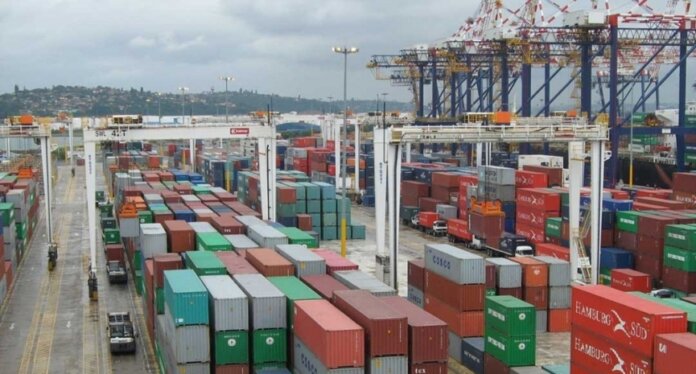The current disruptions in goods deliveries due to the congestion at the Durban port have cast a shadow over the efficiency of our maritime infrastructure, posing significant challenges to supply chain operations. As the holiday season approaches, these bottlenecks threaten to impede the flow of goods and supplies crucial for December distribution, warranting a thorough analysis and constructive critique of port management, infrastructure, and efficiency.
Port Management and Operational Strategies
At the heart of this issue lies the need for robust port management strategies that can navigate the complexities of modern trade. Implementing efficient scheduling systems, optimal resource allocation, and enhancing collaboration between terminal operators and stakeholders are paramount. Adequate investments in technology and predictive analytics can forecast demand, enabling proactive measures to prevent congestion.
Moreover, fostering greater transparency and communication among all parties involved in the supply chain is imperative. This collaborative approach, coupled with clear contingency plans, can mitigate disruptions and enhance resilience in the face of unforeseen challenges.
Supply Chain Management Mechanisms
Addressing the backlog at the Durban port necessitates a holistic approach to supply chain management. Strengthening intermodal connectivity, optimizing transportation routes, and diversifying port usage are critical. Enhancing infrastructure beyond the port gates, such as road and rail networks, is equally essential to ensure seamless movement of goods.
Adopting agile supply chain practices that enable adaptability and responsiveness to fluctuations in demand and unforeseen disruptions is pivotal. Collaboration between public and private sectors to invest in modernizing logistics infrastructure can facilitate smoother operations and reduce bottlenecks.
The implications of the port backlog on December distribution are concerning. With delayed deliveries and potential shortages looming, industries relying on timely imports face the risk of compromised operations. The ripple effects of disrupted supply chains could lead to increased costs, reduced consumer choices, and economic strain, impacting various sectors and ultimately, consumers.
Constructive Criticism and Proposals for Improvement
While acknowledging the complexities involved, a critical evaluation of port management, infrastructure, and efficiencies is imperative. The persistent congestion issues at Durban port reveal systemic shortcomings that require immediate attention.
Port management must re-evaluate operational protocols, streamline administrative processes, and invest in modern technologies to optimize resource utilization. Upgrading infrastructure, expanding capacity, and embracing innovative solutions can alleviate congestion and enhance overall efficiency.
In conclusion, the backlog at the Durban port presents a pivotal moment for introspection and action. Collaborative efforts between stakeholders, supported by strategic investments and operational reforms, are essential to rectify the current challenges and fortify our maritime infrastructure for sustainable growth and smoother operations.
The urgency of addressing these issues cannot be overstated, as their resolution holds the key to unlocking the full potential of our trade and ensuring a resilient supply chain ecosystem.
Subscribe Now for Exclusive Weekly Updates!
Enter your details below and be part of our community, unlocking premium content delivered to your inbox.








